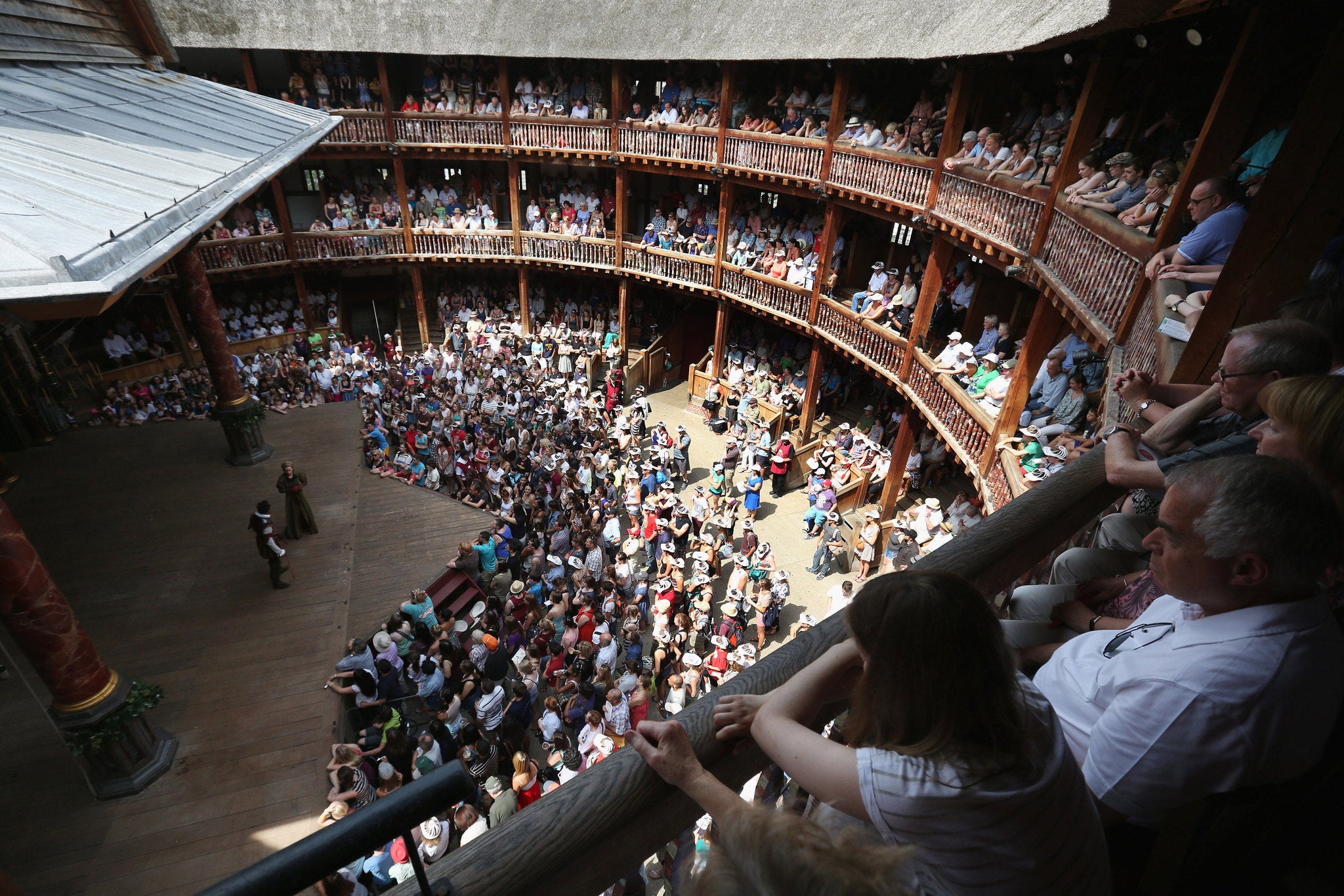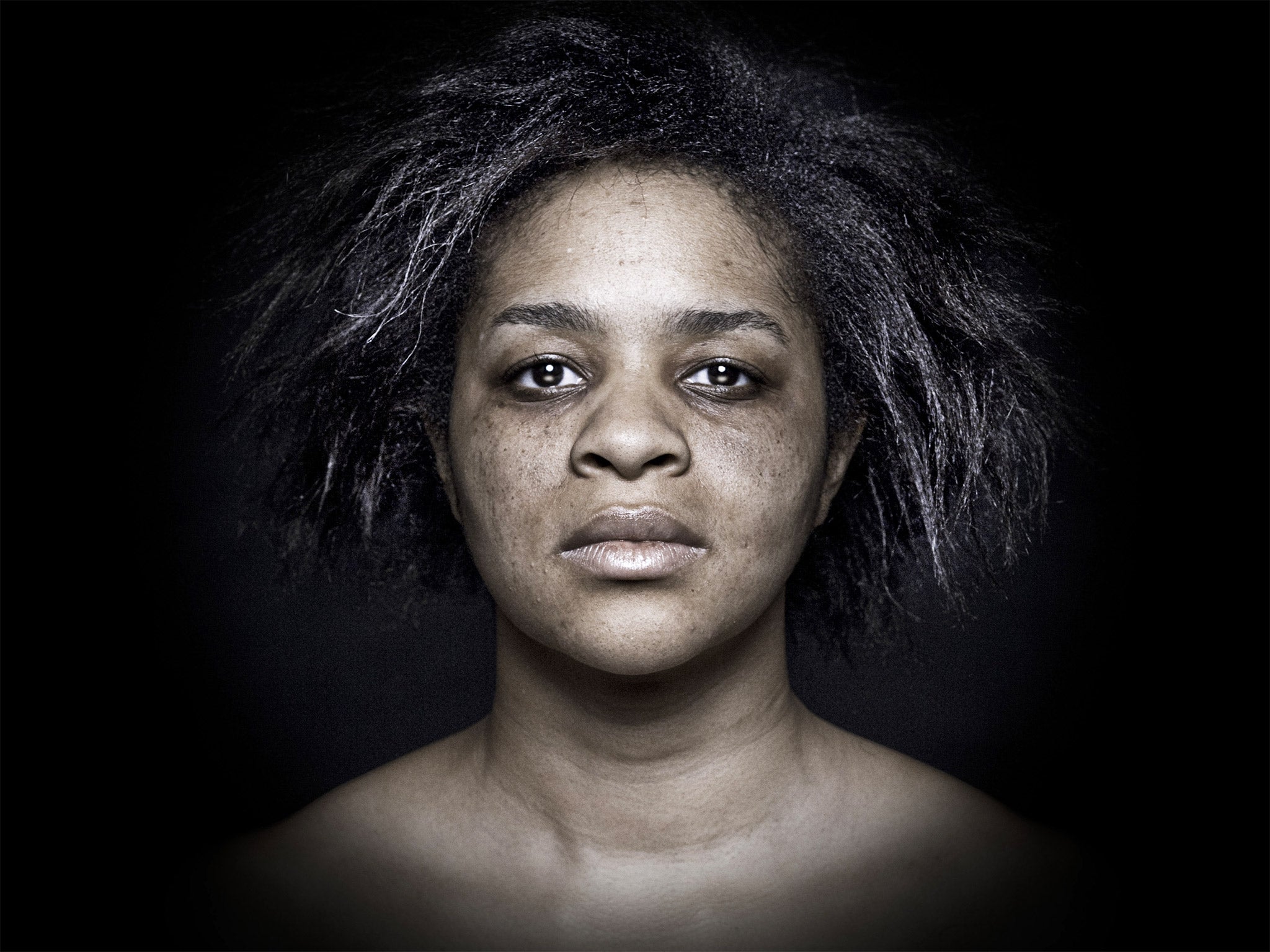Oresteia: The current Greek crisis proves that the tragedy is as politically charged as ever
With three major productions of Oresteia hitting the stage, Boyd Tonkin considers how the Greek tragedy can illuminate today's austerity and uncertainty

Your support helps us to tell the story
From reproductive rights to climate change to Big Tech, The Independent is on the ground when the story is developing. Whether it's investigating the financials of Elon Musk's pro-Trump PAC or producing our latest documentary, 'The A Word', which shines a light on the American women fighting for reproductive rights, we know how important it is to parse out the facts from the messaging.
At such a critical moment in US history, we need reporters on the ground. Your donation allows us to keep sending journalists to speak to both sides of the story.
The Independent is trusted by Americans across the entire political spectrum. And unlike many other quality news outlets, we choose not to lock Americans out of our reporting and analysis with paywalls. We believe quality journalism should be available to everyone, paid for by those who can afford it.
Your support makes all the difference.Visitors to Shakespeare's Globe this autumn may find the stage area masked in what director Adele Thomas calls "really nasty chipboard". Play-goers need not worry: the South Bank theatre has not gone bust in the middle of its current season of dramas on the theme of Justice and Mercy. They might, though, begin to think more deeply about the fate of a society which, from top to bottom, is midway through a drastic forced conversion.
The backdrop for Thomas's new production of Aeschylus's Oresteia trilogy will visibly yoke the Athens of 2,500 years ago to the boarded-up shopping streets and graffiti-scrawled public spaces of the austerity-scourged Greek capital today. But for the director, who comments "the world feels so epic at the moment", that mood of crisis and upheaval has to strike home here as well. At a moment when, not only in Greece, "the foundations of democracy are being re-shaped in front of our eyes", these plays have the power to time-shift us back to the origins of Western ideals – and Western discontents.
This has been a boom year for Oresteia. The sole surviving trilogy of ancient Greek plays, Aeschylus's retelling of the accursed history of the House of Atreus won first prize for tragedy at the Dionysia festival in Athens in 458BC. This spring, 2,473 years later, Robert Icke's compressed and updated version at the Almeida Theatre, starring Lia Williams and Jessica Brown Findlay, left many in the audience emotionally shredded. It has now transferred to the West End, just as the Globe's own production opens. Then, in October, Blanche McIntyre's staging of the Ted Hughes translation will make its debut at Home in Manchester.
The partnership of Tony Harrison as adapter and Peter Hall as director had inaugurated a new generation of Greek tragedies with their celebrated Oresteia in masks for the National Theatre in 1981. In 1999, Katie Mitchell directed the last significant London production, of the Hughes version. But to have a triple whammy of the anguished Atreidae on major British stages has surely never happened since the plays first found an English verse translator in 1771.
The Globe's translator-adaptor, Rory Mullarkey, stands in a line of poet-interpreters that takes in not only Hughes and Harrison but Robert Browning, Robert Lowell and Anne Carson. He accepts that coincidence may play some part in this Aeschylean wave. Nonetheless, "I do also think that the cycle deals with the change from one way of thinking to another." Just now, he says, there's "something in the air, both domestically and internationally" to reinforce that sense. Working line-by-line from the Greek original with Oxford classicist Lucy Jackson, Mullarkey "wanted to keep my nose as close to the text as possible". All the same, he admits that as a writer: "You're always a sponge for the Zeitgeist." His Oresteia will inevitably filter its motifs of justice and vengeance, family and society, law and love, through a contemporary lens. He even mentions Fifa's beleaguered chieftain Sepp Blatter, and the disrepute into which formal justice falls when "people with money can get away with it".
Mullarkey, already a translator of Russian plays as well as a prize-winning dramatist at the Royal Court and Royal Exchange, Manchester, believes: "This cycle of plays takes all the most slippery things and makes them about the most tangible thing in the world, which is blood." For Aeschylus, blood breeds and needs more blood. After 10 years away at the Trojan war, Agamemnon returns not to a hero's welcome back in Argos but to gory slaughter by his wife Clytemnestra and her new consort, Aegisthus. She is still grieving for her daughter Iphigenia, cruelly sacrificed by Agamemnon to secure a fair wind for the Greek war fleet. The couple's exiled son Orestes returns. With sister Electra's help, he avenges Agamemnon by murdering his mother and her lover. The Furies, ancient goddesses of justice, now demand that the implacable cycle of retribution spin on to destroy Orestes in his turn. Finally, in Athens, the city's presiding deity, Athena, calls a halt to blood-vengeance. Honoured as fertility goddesses, but shorn of any judicial remit, the renamed Eumenides – the Kindly Ones – must yield their powers to trial by jury and the unbiased rule of law.
Revenge gives way to justice, of a sort. Institutions under law supplant the never-ending mayhem of the family feud. Paul Cartledge, emeritus professor of Greek culture at Cambridge University, points out that, just three years before Oresteia came to the stage, the democratic reforms of the radical Ephialtes had wracked Athens with unrest. The trilogy arrived at a time when the city sought "a golden mean between anarchy and tyranny. Athens had almost descended into anarchy. The alternative might have been a tyrant coming back." For Athenians, recent riots, wars and assassinations would have coursed through the plays. Cartledge underlines that "this is a public, political performance staged within a very public space, and paid for in part by the city itself."
One modern tradition of Oresteia productions tilts the balance towards "Freudian" readings of the family drama. Driven by the mingled fuel of love and hate, the murderous conflicts between parents and children take centre-stage. Highly internalised, even dream-like, Icke's version stood roughly in this line but was sharpened by the feminist perspective that finds the source of strife in Agamemnon's slaying of his daughter. From Richard Strauss's opera Elektra and Eugene O'Neill's three-part modernisation Mourning Becomes Electra to Jean-Paul Sartre's wartime tragedy The Flies, the domestic Oresteia of the 20th century may concentrate on twisted family dynamics, on gender conflict – or, in Sartre's take, the solitary quest for freedom. It tends to downplay city politics.

Symptomatically, Icke shrank the Chorus, who change identity from fretful elders in Argos to, in Athens, the enraged and dethroned Furies. Cartledge notes that modern directors often stumble at the Chorus: all-singing, all-dancing actors, yet charged with a crucial public role: "It's not part of our culture." Yet they have a pivotal part in a drama that, for Athens, marked both "a big national celebration, and a reflection on what it is to be a member of the community."
Back in the "public forum" of the Globe, Thomas will put on stage a chorus whose own journey from apathy to engagement tracks the shape of the whole drama. She wants to enlist the open-air theatre's rapt, charged atmosphere as "a spiritual and even ritualistic space, but also a space of community, of political expression". Here, questions of gender, kinship, justice and statecraft can fuse as the trilogy hurtles towards its double-edged "happy ending" in the establishment of peace and justice. For Thomas, "the female, the unknowable, even the superstitious is to be replaced by a civilised, forward-looking democracy – but it's patriarchal and domineering." For Thomas, "we really feel for the Furies", stripped of their rights to judgment and "weaponised" against the city's foreign enemies as masculine due process takes control.
As courtroom justice quashes natural justice, our sympathies divide. Thomas recognises this: "It's really hard as a director to preserve ambiguity, but that's exactly what needs to happen." Last year, she directed Francis Beaumont's Jacobean city comedy The Knight of the Burning Pestle for the Globe; now, she has the supreme civic tragedy on her hands. Time and again, she discovers "how extraordinarily rich and deep and expressive a piece of theatre it is – and how human it is. Every day you feel awestruck."
How best, in the goddess Athena's departing words, can we "keep both land and city on the straight way of justice"? For Thomas, Aeschylus opened a debate on the slopes of the Acropolis that the theatre can still enrich today. Just as in the Athens of 458BC, "The institutions of this country are in question all the time."
'Oresteia' runs at Trafalgar Studios until 7 November; at Shakespeare's Globe, 29 August-16 October; and at Home, Manchester, 23 October-14 November
Join our commenting forum
Join thought-provoking conversations, follow other Independent readers and see their replies
Comments